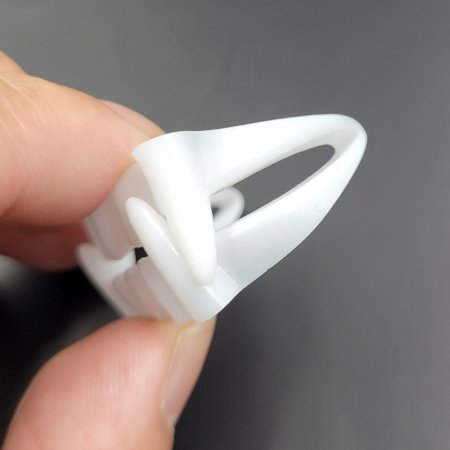South Korea launches second reconnaissance satellite
SpaceX's Falcon 9 rocket (pictured) launched South Korea's second reconnaissance satellite on 7 April. The satellite is equipped with a SAR payload that can capture high resolution images of strategic areas of interests. (SpaceX)
South Korea has launched a second reconnaissance satellite to strengthen military preparedness against possible threats from North Korea.
South Korea's Ministry of National Defense (MND) announced on 8 April that this synthetic aperture radar (SAR) satellite was carried into space using SpaceX's Falcon 9 rocket, which was launched from the Kennedy Space Center in Florida on 7 April.
The satellite separated from the Falcon 9 rocket after about 45 minutes following the launch. It communicated with an overseas ground-control station confirming that it has been placed into orbit in operational condition, the MND said.
The MND added that the satellite will start conducting intelligence, surveillance, and reconnaissance (ISR) operations after the Agency for Defense Development (ADD) conducts some in-orbit tests including calibration.
The SAR payload in this second reconnaissance satellite will provide ultra-high resolution images of strategic areas of interest in day and night and in all weather conditions. The satellite will enable the Republic of Korea (RoK) Armed Forces to have “precise [ISR data] of the entire North Korean peninsula”, the MND said.
South Korea's Minister of National Defense Shin Won-sik said that this second reconnaissance satellite is more enhanced than the satellite North Korea launched into space in November 2023.
South Korea has been developing reconnaissance satellites since 2018 under a programme called Project 425. The country's Defense Acquisition Program Administration (DAPA) has been collaborating with Korea Aerospace Industries, Hanwha Systems, and Thales Alenia Space to deliver Project 425.






























































